

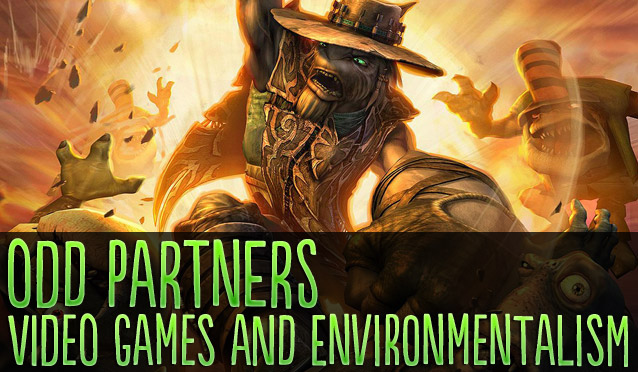
Modern game consoles like the PlayStation 3 and the Xbox 360 are huge energy hogs, as are the HDTVs and sound systems used in conjunction with today’s console and computer games. In a world where old game consoles, computers, and other electronics inevitably find their way into landfills, to leak toxic chemicals into the ground, or travel thousands of miles on their way to the capital of electronic waste, Guiyu, China, to be sorted and salvaged by people slowly being poisoned, gamers need an environmental wake up call more than ever.
We’ve all heard the myth, right? The legend? Dump trucks of Atari E.T. game cartridges—some estimate five million—dumped in a New Mexico landfill after Atari arrogantly ordered millions produced in anticipation of the film’s 1982 release. After an unsuccessful Christmas season, nearly all of the unsold games were returned.
Unfortunately, this isn’t just a myth, according to the New York Times article “Atari Parts are Dumped.” Somewhere in the New Mexico desert, buried under meters of detritus, grime, and refuse, concealed beneath poured concrete, millions of tiny plastic cases, legions of cracker-sized circuit boards. Buried forever. Some kind of harrowing testament to the tension between the video game industry and environmental concerns.
On Dec. 27, 2011, game developer Just Add Water released an HD remake of the under-appreciated Xbox game Oddworld: Stranger’s Wrath. Like the previous three games in the Oddworld franchise, Stranger’s Wrath is at its heart an environmental game, a quirky first person shooter with an important message about the control of natural resources and the threat of unregulated corporate practices to the natural world. If the Atari E.T. fiasco is a memorial to the gaming industry’s environmental shortcomings, the Oddworld games are a perfect counterpoint, a reminder that video games and environmentalism can coexist, however oddly, and strengthen each other.

Now in control of the Oddworld franchise’s future, Just Add Water CEO Stewart Gilray believes the environmental message of the Oddworld games is pivotal to their identity.
“They play a massive role in there,” says Gilray. “In fact, it’s almost fair to say that is why these games exist. If environmental issues weren’t in the stories, then I think the titles would be very different. They wouldn’t stand up for their convictions and wouldn’t ring true with so many people.”
Recently, the video game industry has been trying to lessen its environmental impact. For instance, energy consumption of newer Xbox 360 and PS3 models is far better today than when the original iterations released in 2005 and 2006, respectively. Moreover, the switch to environmentally friendly game boxes circa 2009 that use less plastic thanks to a hollow portion of the case is another indication the gaming industry is actively attempting to lessen its impact on the environment.
While the industry takes baby-steps toward environmental consciousness, the Oddworld franchise brought serious environmental concerns to video games starting in 1997 with the release of Oddworld: Abe’s Oddysee and its immediate sequel, Abe’s Exoddus, in 1998. Both games conveyed pro-environmental, anti-corporate messages, including an emphasis on protecting endangered species and portraying the dangers of slave labor in the capitalist system. The third game in the franchise, Munch’s Oddysee, continued these themes while also introducing critiques of the pharmaceutical industry, especially animal testing.
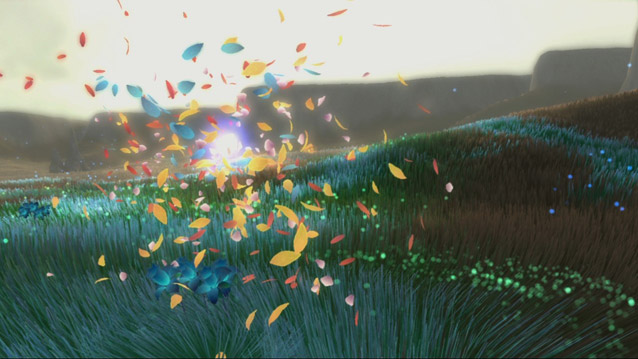
Aside from a handful of titles, namely Capcom’s Okami and Thatgamecompany’s Flower, most environmentally themed games are low profile and do not reach the core gaming audience. For example, how many of us have ever heard of Eco Ego?
Of course, there is a balance between constructing a serious message and providing an engaging experience, between play and earnest lessons.
“Well, you can’t really ram it down people’s throats,” says Gilray. “A lot of kids won’t get it. Our titles have always been Teen rated, so within that context we are very much aware that if we did the whole soapbox thing and rammed it down peoples necks we wouldn’t have the reputation we have today. Conversely, if done correctly and subtly, it can teach kids that, hey, perhaps there is a connection between this game and reality!”
Released in 2009, Flower can arguably be called the most high profile environmental game since Oddworld Inhabitants closed its doors and ceased development on future Oddworld projects in 2005. Controlling the wind, the player in Flower must help dormant flowers to bloom and ultimately revitalize a gray and dismal cityscape by reintroducing the splendor of nature to its concrete corridors. With Flower’s obvious link to the themes of the Oddworld games, there is little surprise Gilray has positive things to say about Thatgamecompany’s beloved PSN title.
“I love Flower, and am very much looking forward to their new title Journey,” says Gilray. “Flower conveys its message purely by placing you, the player, in that environment directly, without subtlety, letting you affect that world, effectively ‘fixing’ it. The way they do this is really quite simple. However, in the way the game conveys this, it is pretty profound.”
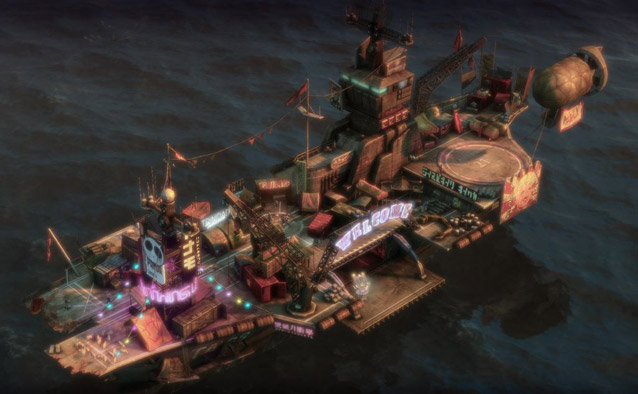
Despite the Oddworld games, Flower, and even the recent environmental game project Anno 2070 by Ubisoft, the video game industry remains at odds with environmentalist values. This is an unfortunate fact in an industry that relies on selling replaceable, energy-dependent hardware to consumers accustomed to throwing out old electronics without a second thought.
Yet with the recent release of Oddworld: Stranger’s Wrath on the PlayStation Network and the resurrection of the long dormant Oddworld franchise, perhaps the partnership between video games and environmentalism has a brighter future. While still a small field, environmental games are not going away. In fact, the Oddworld franchise, along with its respect for the natural world, is poised to expand in the coming years.
Looking forward to future Oddworld games, Gilray confirms their core message will not be lost. “In the new games, as there will be new games, we will be doing this again,” says Gilray. “We are fortunate that Lorne Lanning is still in charge of the stories to the new titles, so those messages will very much be in there.”
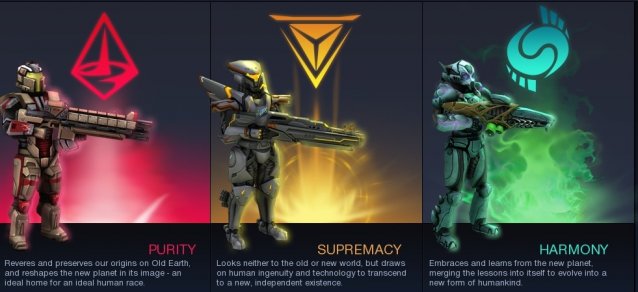


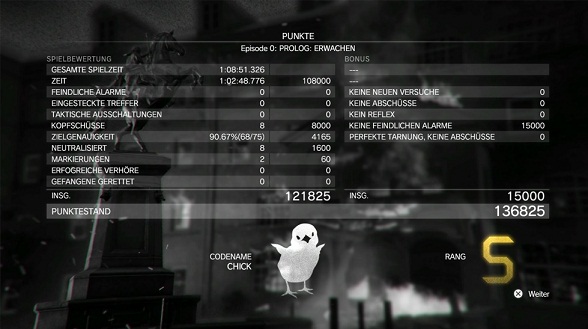
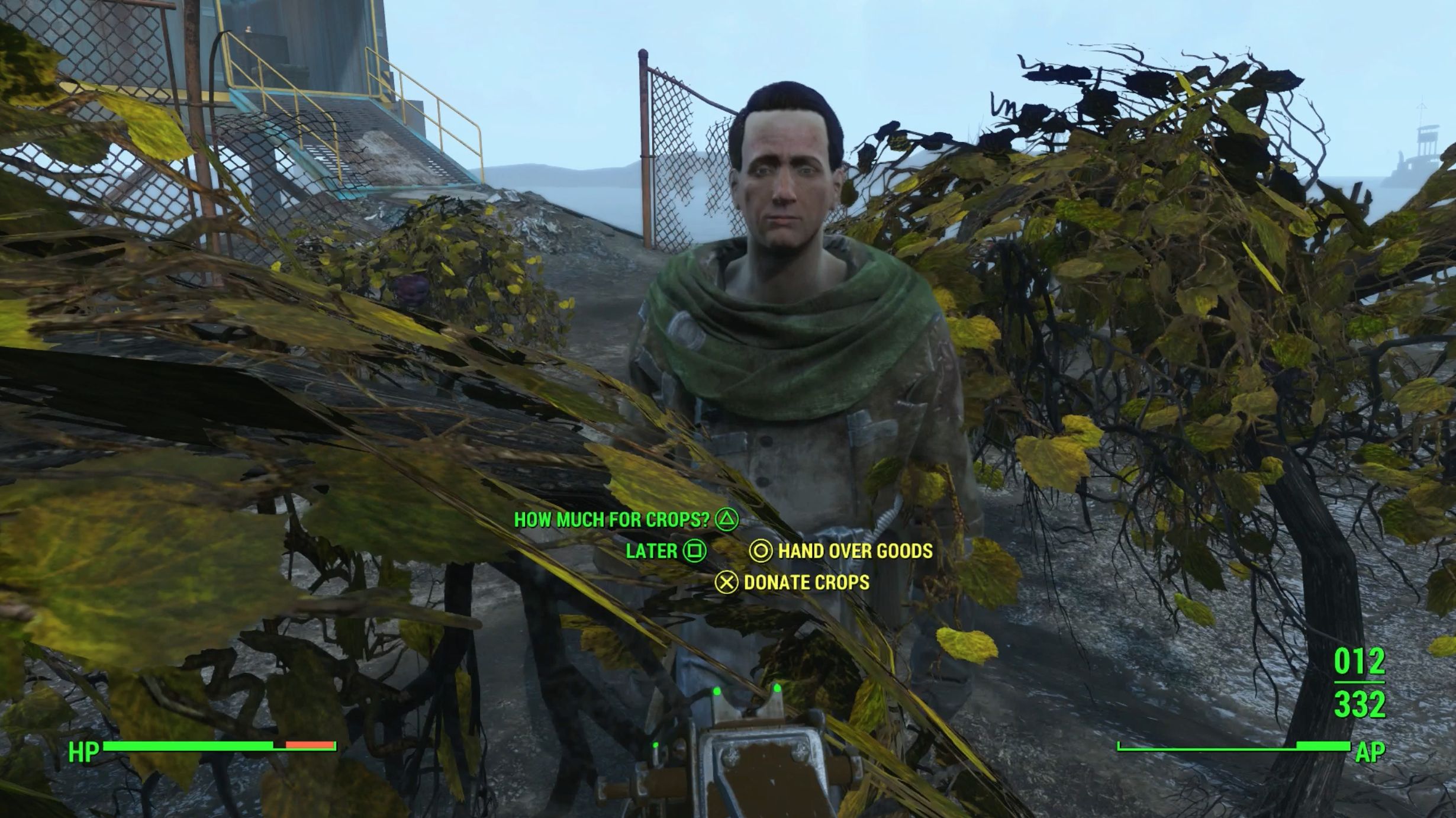 Fallout 4: Feeding The Troops walkthrough
Fallout 4: Feeding The Troops walkthrough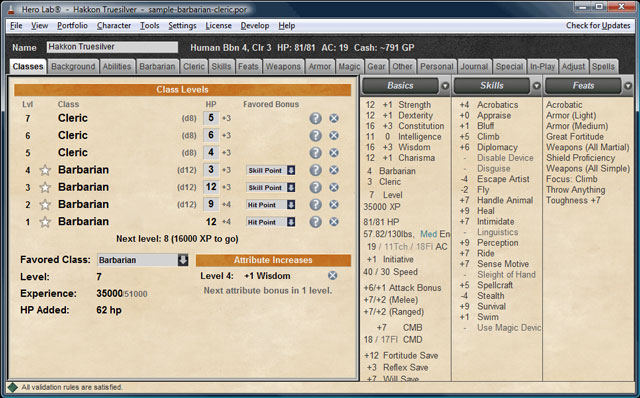 Must-Have Tabletop & Roleplaying Game Companion Apps & Software
Must-Have Tabletop & Roleplaying Game Companion Apps & Software The Swipe Trick in iOS Calculator You Never Knew
The Swipe Trick in iOS Calculator You Never Knew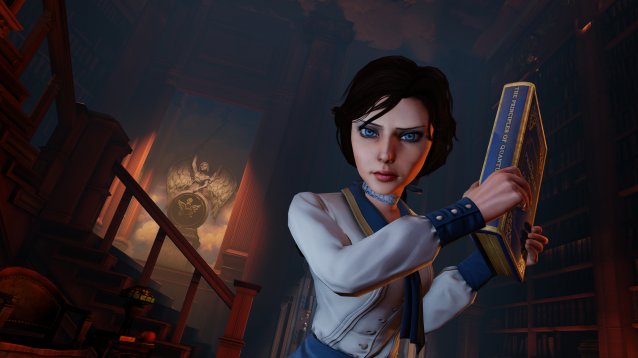 BioShock Infinite Collectibles: Voxophones, Infusion Upgrades & Sightseer
BioShock Infinite Collectibles: Voxophones, Infusion Upgrades & Sightseer Amazon Holiday Gaming Deals Start For Xbox, PC, Nintendo, PS4
Amazon Holiday Gaming Deals Start For Xbox, PC, Nintendo, PS4